The Entrepreneurial Accountant: The journey to going solo
Becoming an entrepreneurial accountant: What I wish I’d known from day 1
12 January, 2022
Bee Motion founder Stefan Barrett reveals why he set up his practice and he shares top tips to help you on your entrepreneurial journey.
Hindsight is a wonderful thing. But to get that hard-won wisdom, we need to make some mistakes and learn from them first. But you’re in luck. Stefan Barrett, founder of Bee Motion Accounting, has already made those mistakes for you, and he’s got tonnes of advice to share.
Joined by Entrepreneurial Accountant host, Mike Psaras, Stefan talks through all the things he wishes he’d known from day one of starting his own practice.
From transitioning to self-employment to getting a pricing structure in place and what to expect from life as an entrepreneur, Stefan gives you the benefit of hindsight when starting your own practice.
Here’s what they cover:
Opportunity knocks? Take that leap of faith
Don’t be shy about setting your pricing—tech can help here too
Set up your structures and processes from day 1 to make life easier
Want to start your own practice? Don’t wait!
Buzzing to go self-employed
Mike Psaras
Hi, and welcome to episode one of The Entrepreneurial Accountant. Today, we have Stefan Barrett of Bee Motion.
Welcome, Stefan. I’m excited to get into everything with you. I’ve been looking forward to this all week.
Stefan Barrett
Thanks for having me, I really appreciate it.
Mike Psaras
I wanted to start perhaps with the origin story of Bee Motion, and where you were in your career when you wanted to make the move to self-employment?
Stefan Barrett
Sure. So, I started Bee Motion when I was about 26, in 2015. I had worked in practice from 18 to about 22.
I did my qualifications, and then I went from practice to industry, which was insightful. Then I went back to practice, and thought to myself, “well, I need to go self-employed.”
It was a bit of a big bang moment.
I was working within the industry for quite some time and learnt a vast amount around ways of working in the commercial side of accounting.
Then I started a job, and I was there one day, and I quit on that day and said, “I’m going self-employed.”
It was very unexpected.
I had very minimal clients. And literally, when I say clients, they were friends.
There were about five—a couple of hundred pounds’ tax return that I’d do as self-employed. So, it wasn’t until I started Bee Motion that I said, “right, this is it, this is the time. It’s make or break.”
And just went from there.
Mike Psaras
That’s awesome, and it’s quite unusual, I think, for somebody to have the combination of practice and industry knowledge. That definitely sets you apart from the majority of people.
Do you feel like there was a point there where you felt like you’d learnt enough to go at it alone?
Stefan Barrett
The answer would be no, because us accountants feel like we never know enough.
However, looking back, the answer is absolutely yes.
Because you don’t know until you look back and go, that was when I was ready. And if I didn’t start that job where I was there a day, would I have created Bee Motion?
Because like many accountants, I can be quite risk averse, but because I got put into a situation where I didn’t like this job where I was at, I couldn’t go back to my previous employment, I was essentially stuck.
So, I was like, you know what? I’ve always said I wanted to go self-employed. I’ve always wanted to have the freedom of being self-employed.
I was put in a position and I thought, well, I may as well just give it my all, and within a week, I knew I’d made the right decision because the clients started rolling in.
I was once told by a friend: “Oh, everyone’s got an accountant, you know. Going self-employed now is really tough.”
And to be honest, everyone may have an accountant, but it’s having the right accountant for the client.
Don’t ever put obstacles in front of you, because anyone can go self-employed any day.
Opportunity knocks? Take that leap of faith
Mike Psaras
Yeah, definitely. I think you have to have the passion for it. You have to really want it, and as you say, it’s a leap of faith. It’s always going to be a leap of faith.
I don’t think you’re ever going to know enough, or you’re never going to feel like you know enough, because there’s always that extra thing that you might learn.
And for me, I was in a generalist tax role. I thought, “every day I’m learning so much. If I stay here for another six months, if I stay for another year, I’m going to know so much more”.
But I could have said that for a long time.
Stefan Barrett
You could put those obstacles in front of you forever, you know.
Mike Psaras
Yes. So, the opportunity came along, and I was like, “alright, maybe it doesn’t feel quite right, but I’m just going to go for it anyway.”
And I think there’s probably a lot of people in that position who are feeling the same way. So, as you say, don’t put obstacles in your way.
Sometimes you have to take that leap of faith.
Equally you may just say, “do you know what? I’m not ready.”
It is important to have that experience, and as you said, you worked for 10 years in accountancy—so did I. I think I was maybe a bit less, maybe seven, before I I felt like the time was right.
So, it’s going to be different for everyone.
Stefan Barrett
I would say as well that there’s two elements to it.
There’s the big bang where you just go, I’m going self-employed, this is it. I’ve got X amount of cash reserves, or I’ve got no cash reserves.
In my case, I had a laptop I already owned, and I put my printer-scanner and other bits on my credit card. There was no money in the pot because it was just totally unexpected.
Then you’ve got the other side where you can transition over a longer period, which is obviously less risky.
So, I would always say: do what you feel best doing. If you are risk averse and you think:
“Well, I’m currently employed, I’m getting a salary. Obviously, there’s just been a pandemic, who knows what’s around the corner? I’ll transition.
“I’ll have my clients and I’ll build that client base up at the same time as being employed, and then I could go part-time, and shift it over until I feel confident, and I’ve got that buffer.”
The great thing with accountancy as well is that it’s not where you get self-employed, and you don’t know whether you’ll get more work in. You can create a constant revenue stream via recurring revenue.
You could put clients on a subscription-based billing, and then you know that you’re getting that guaranteed standing order coming through.
So, as soon as that supersedes your employment income, it’s guaranteed essentially.
Slow and steady wins the race
Mike Psaras
Totally. And again, another thing about the accountancy practice and going it alone is that it’s not like a lot of other businesses where you need loads of upfront investment.
As you said, you had your laptop, your printer.
Yes, there are other things involved, and during the transition, you probably do need some savings while you build up that pipeline of clients.
But ultimately, you don’t have to go out and buy a million pounds’ worth of stock. Just get going with it, and it’s cool, and you do learn on the job.
But I think if I was to do it again, I’d probably transition slowly. Because you don’t have to do it all in one go.
It can be weekends—it can be a couple of hours in the evening—and then slowly, before you know it, you’re getting there.
Stefan Barrett
When you are self-employed, it’s not just a job, it’s a lifestyle.
As long as you’re happy to accept that being a business owner means having a certain type of lifestyle where essentially, you can switch off, but it depends how passionate you are about your business.
If you’re passionate and you enjoy what you’re doing, and you’ve got a thirst for it, you’ll never really switch off because you enjoy what you do.
And that’s what I take from going self-employed.
From a little startup in my mum’s garage, with pure will, determination, and the desire to succeed we created what we’ve got at present.
And hopefully in the next six to 10 years, it’ll be something even more special.
Mike Psaras
You’ve done an amazing job.
I think, obviously, we’re talking about the amazing things. The creativity, the freedom, the variety. All that kind of stuff is the upside, I guess.
But still, imposter syndrome exists. Lack of confidence is there.
When I could pass an exam getting 60% or 70%, that’s not going to fly when I’m giving advice to the client.
That has to be 100%.
I think a lot of accountants, or aspiring sole practitioners, need to think about dealing with that from day one.
What I found was that I was doubting myself over simple things. I was like, if I was in my job right now, I’d send this out.
Stefan Barrett
Yeah, of course.
Mike Psaras
There’s no one else to answer to. If I’ve got this wrong, it’s coming back to me—that’s my reputation, that could be a client lost. I don’t think I’d be able to sleep with that on my mind.
So, yeah, it’s a completely different ballgame, I think, what you think compared to what you’re confident in sending out.
Stefan Barrett
There’s no one after you, no one’s reviewing after you, and also, no one’s telling you you’re doing a good job. Because you’ve not got that boss to give you a pat on the back and say you’ve done really well.
The clients obviously appreciate you, but it’s different.
I find most clients that are non-financially minded. A lot of business owners are not financially minded from an accounting perspective.
They’ll know it from other financial perspectives, but not from knowing debits, credits, ETBs, tax legislation, do you know what I mean?
So, they’ll never be able to give you that pat on the back. It’s about kind of not going, “am I doing it right?”
I mean, we’ve had various tax inspections and whatnot. And to be honest, that’s the only pat on the back that you’ll probably ever get because then they’ll go, “we’ve had an inspection quite recently, and it was like, yeah, you’ve done a really good job. They found nothing. Fantastic, good work.”
And then got a letter to confirm they found nothing, and everything was fine.
That’s probably the last time that I feel like we do a good job—a really good job—because someone else has confirmed it and it’s not just us.
Don’t be shy about setting your pricing—tech can help here too
Mike Psaras
With pricing, as you said, it’s really difficult and everyone does it in many, many different ways.
Did you find that having a staff member do it was better because then you weren’t emotionally attached to the price?
Stefan Barrett
You’re absolutely bang on.
When I first started out, it was very much, “I’ll charge X amount for this tax return,” and then when you give the invoice, I feel really awkward.
It’s X amount, because we’re seven days terms, so we don’t exceed the seven days.
To add to this, I always felt awkward chasing the debt.
So, if it was still due after the seven days, it would be “Oh, sorry to be a pain, can you just clear this fee when you get a chance?”
So, you’re absolutely bang on.
From the proposal side, I always felt awkward. But then as soon as I set GoProposal up and said, “well, this is what it is, over to you, Josh.”
If a client doesn’t like it, then unfortunately, the price is the price because I don’t want the client to devalue the services that we provide.
On the chasing aspect, we then took on Satago, the credit control automation application that bolts into Sage. That helps as well, because gone are the days of chasing manually.
With Satago, again, you set up all the emails.
You know, day two I have to send this, day five send this, day seven send this. Then they automate it, which is great, because then you don’t have to have the awkwardness of going, “oh, sorry, can you just send over the fee”, et cetera.
There is a sense of feeling cheeky, but it’s not, because you’re doing a service, You’re doing a great job. But I know exactly what you mean.
Mike Psaras
It’s funny because a lot of people feel really awkward about it—and I feel awkward about a million things—but I don’t feel awkward about that at all.
If somebody is taking ages, I’ll send them a nudge email, and it’s like, “I did that for you. I worked really hard. You asked me to do something for you. I turned it around really quickly. Why is it taking you three months?”
Stefan Barrett
Yeah.
Mike Psaras
But I don’t think people should feel shy. We discussed having a credit control email address, where I’d pretend to be credit control.
But no, I’m just not doing that. I think it’s embarrassing when someone pretends to be like, “I’m going to hand this over to our…”
You wouldn’t go to a restaurant, order loads of stuff, walk out, and be like, “I’ll come drop the money off in two months’ time”. They’d be like, “No, absolutely not”, and I don’t think this is any different.
Stefan Barrett
Absolutely.
Mike Psaras
It’s just how things go in the industry, but you know, that’s why we’re here. That’s why we’re entrepreneurial accountants. We’re here to try and change those things.
Set up your structures and processes from day 1 to make life easier
Stefan Barrett
That’s it, and it’s all about creating that structure from day one. I wish I had done that from day one.
I spent four years trying to learn how to do it, and finding out the hard way. Because I found out from actually doing it.
But if I was to go back, absolutely. I wouldn’t necessarily use GoProposal from day one, because I think it started about 2016.
If I was to start my own business, again, I would get a practice management software from day one.
We got Center in year three, so I went off a spreadsheet for two years. I could afford it, it’s just I didn’t look further than my nose, because it’s well worth the investment.
So, we stripped down Center, because it’s one of them where you can literally just knock it to the ground, and we built it up the Bee Motion way.
We have workflows in there that get ticked off by every employee as and when they’re doing accounts preparation, or doing VAT returns, bookkeeping.
Then behind that workflow, we have process notes.
If an employee’s unsure of anything, then the process note can assist them. Then obviously, if they’re still unsure, obviously the practice manager can step in.
But nine times out of 10, the process notes are that good, they can help the employee and then it’s back to the drawing board and ticking off the workflow.
At the end of the day, if you’re sorting someone else’s business out and you’re keeping their core tight via doing the accounts and the financials, what about your business?
It’s not just an accountancy practice, it’s a business and that core needs to be tight, and I find that the practice management software, the CRM system, has to keep everything close-knit, especially as the business grows.
I found that invaluable.
Mike Psaras
Do you think there’s value to a CRM practice management software if you’re a one-man band, or would you say it’s better if you wait until you’ve got your first or second employee?
Stefan Barrett
It’s a good question, because I didn’t do it. But then I’m also looking back going, “I should have done that.”
Mike Psaras
Even from day one?
Stefan Barrett
I should have done it from day one.
It sounds a bit mad, but what you want to do is you want to essentially go, “I’m me, this is my business. I work for my business, my business is me.”
On day one, take yourself out the business and put everything you know into that CRM system, like how you prepare a set of accounts, how you go through the purchase day book, reconcile into the bank, the debtors ledger, the creditors ledger, asking for personal tax account information, P60s, P45s.
If you’ve got all that in the CRM system, that’s great.
Because you may know that, but if you go away for a week, and someone replaces you for a week, how are they going to run your business if it’s all in your head?
Want to start your own practice? Don’t wait!
Mike Psaras
I already know that I want to have another chat with you about all this stuff. About the tech, about systemising, putting workflows in place. Because what you’re doing, I feel, is building for scale.
If you’re building for scale from day one—and look, there may be a lot of people who perhaps aren’t, and they’re just thinking, do you know what? I want quite a small footprint here.
I think how I would love to end this would be to ask: if you were starting your own business again, and you could go back in time, what words would you say to yourself?
Stefan Barrett
I’d probably say, “why didn’t I do this earlier? Why didn’t I just do it, and why did I procrastinate and defer things, and think “if I get to this, I’ll then do it, if I get to that, then I’ll do it?”
By putting those barriers in front of yourself, you’re effectively stopping the path that you can create. Just do it sooner is what I’d say.
Don’t get me wrong, you couldn’t leave school and start your own practice. Obviously, there’s that element of qualifications and experience and learning you gain from being employed, but you’ll never feel like you’re ready to go self-employed.
You’ll always have that little bit of doubt and go, “what if it goes wrong?” Or “what happens if it does go wrong?”
You just go back to employment and you start again, or you transition slower. You don’t do the big bang. You do a semi-transition. If it doesn’t work, we’d go back to employment. We find out why didn’t work. We tweak, we try again.
If you want to go self-employed and you want that freedom, you just keep going and going until it works, and that’s what business is about. If you start your own business and you get hit by your first stumbling block, and you quit, then being self-employed isn’t for you.
Mike Psaras
Amazing. Well, Stefan, thank you so much. You’ve been an absolutely incredible guest. I’ve loved speaking with you and I’ve learned so, so much.
Stefan Barrett
You’re more than welcome. Thank you for having me. I do appreciate it.
To make sure you catch every episode, subscribe to the channel or sign up to the Sage Advice Newsletter.
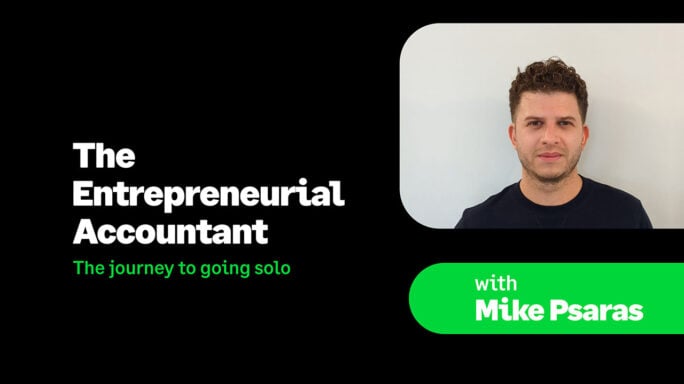
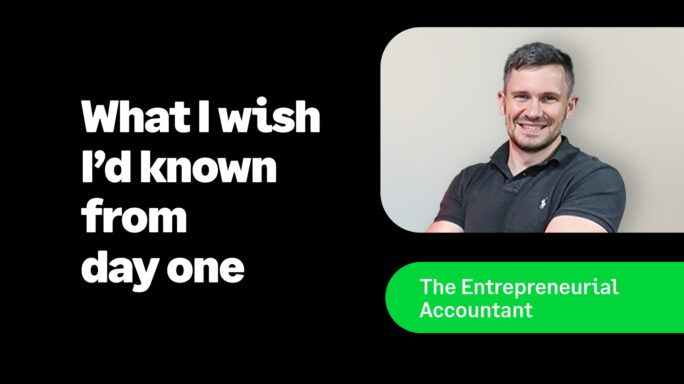
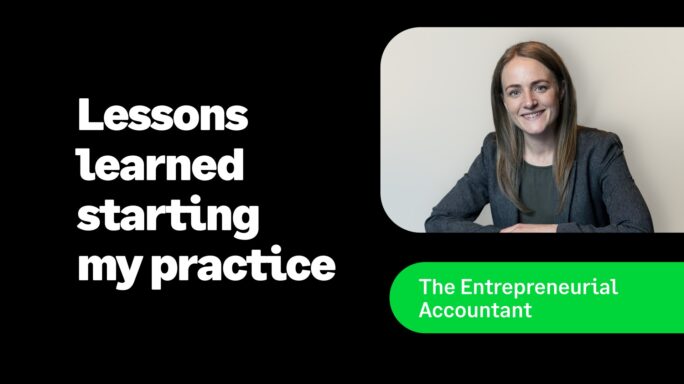
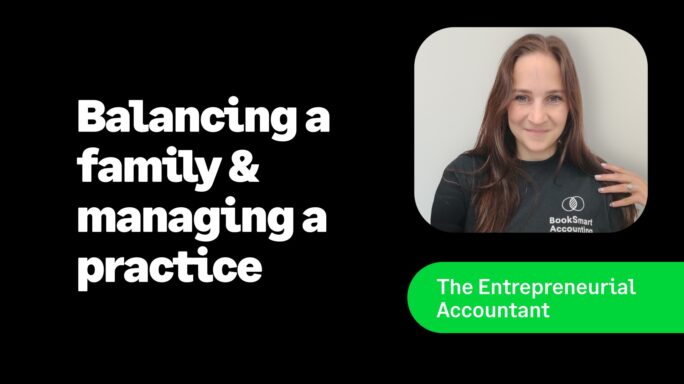
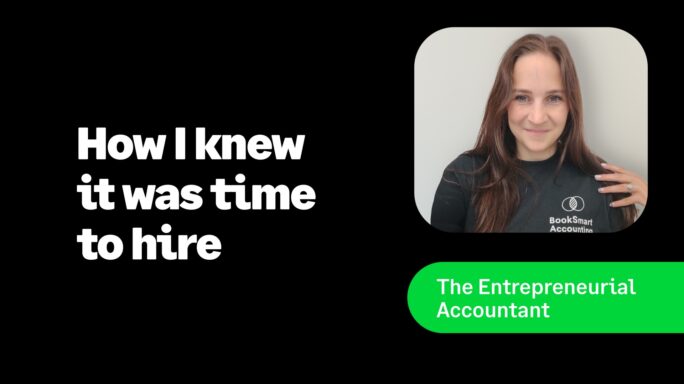
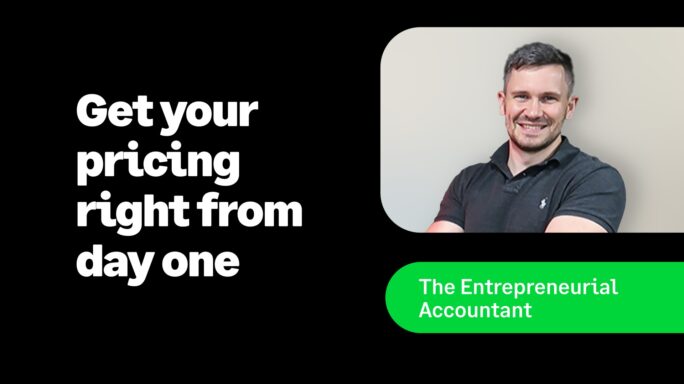
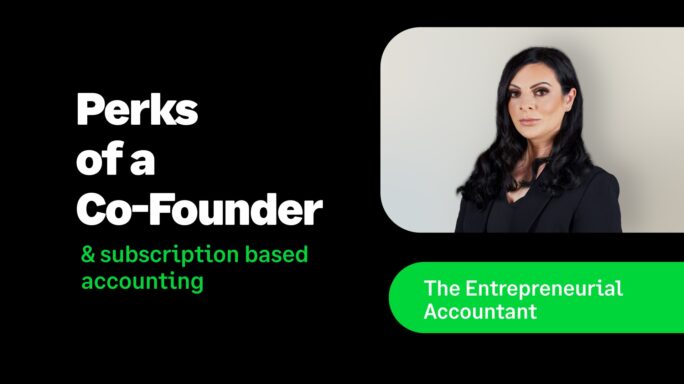
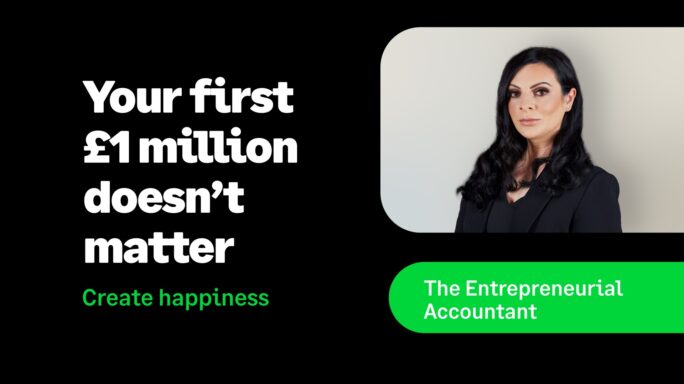
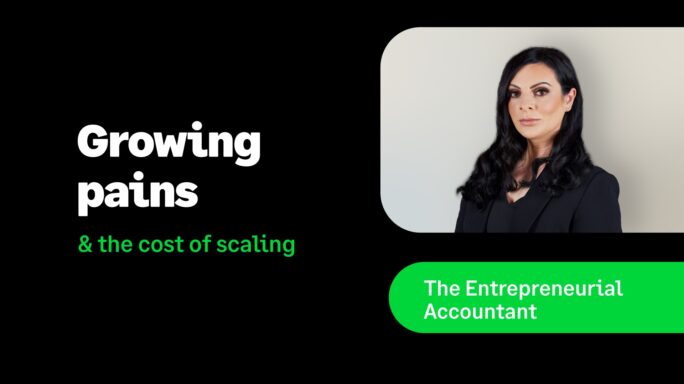
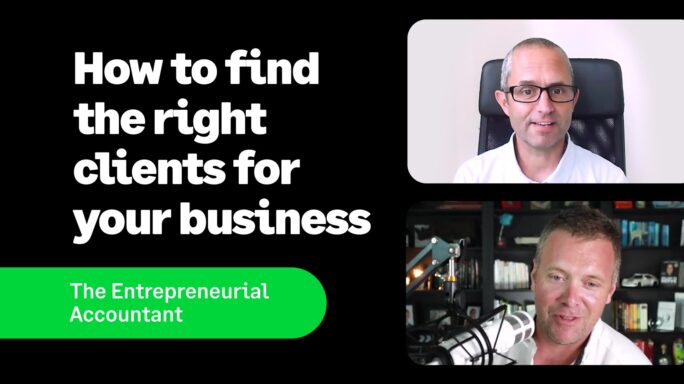
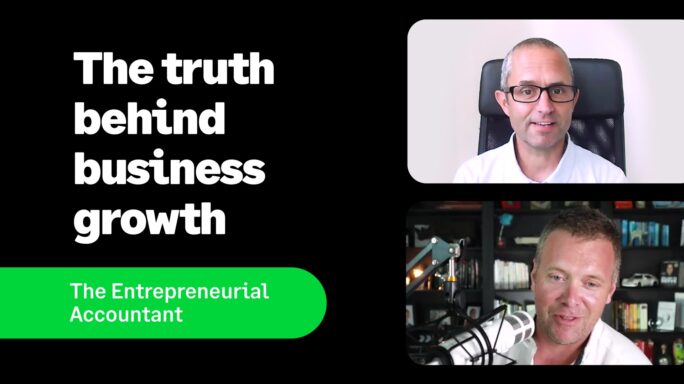
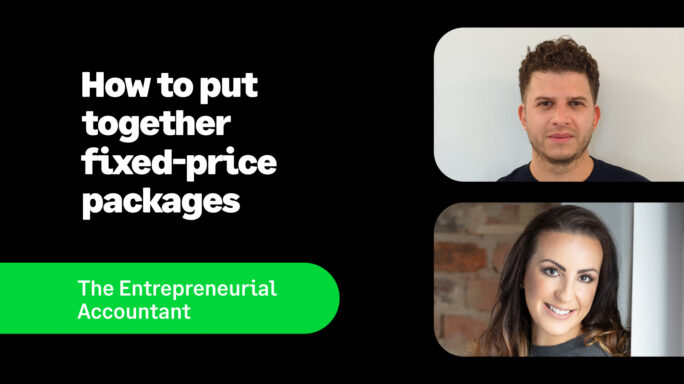
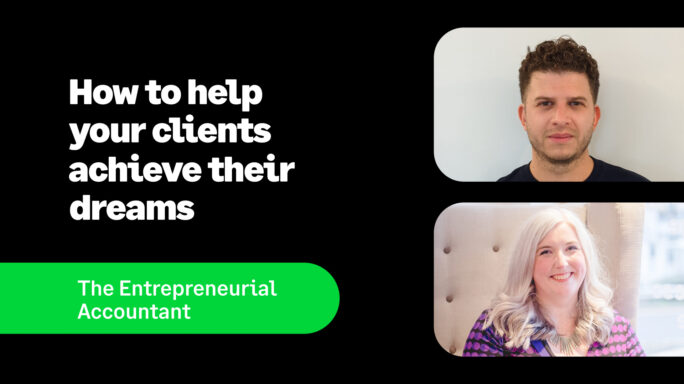
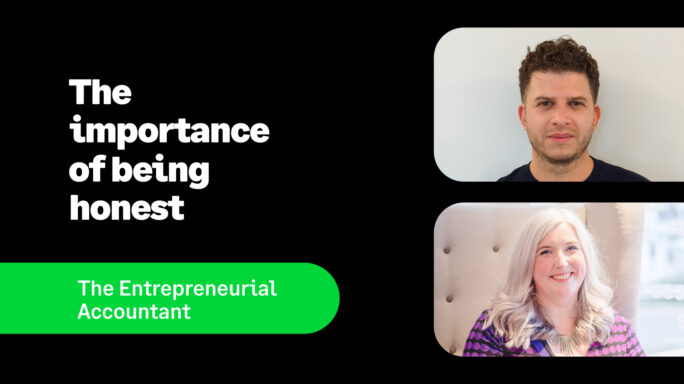
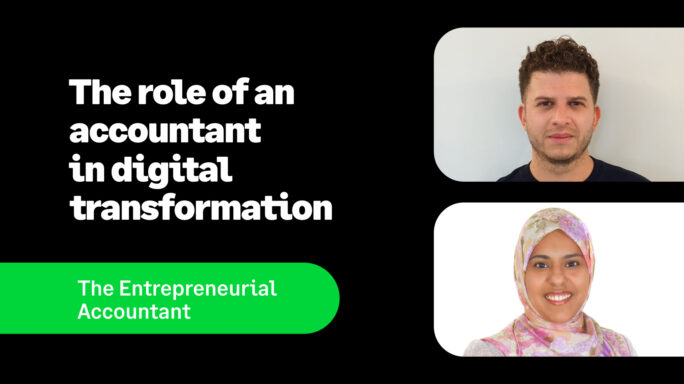
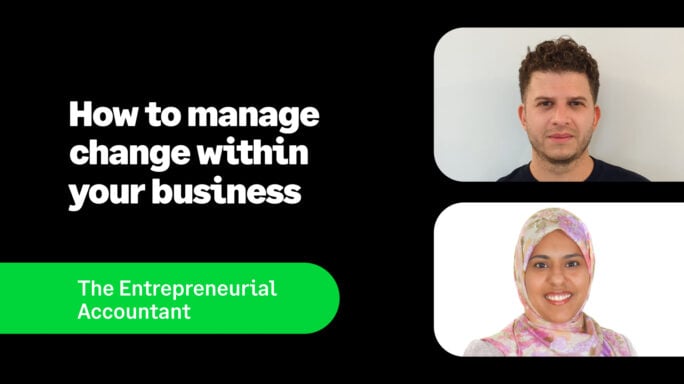
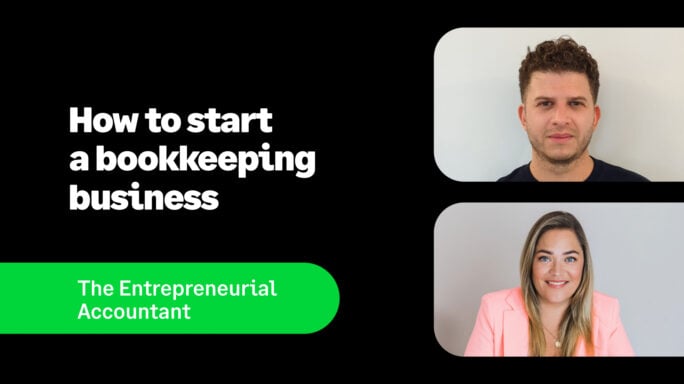
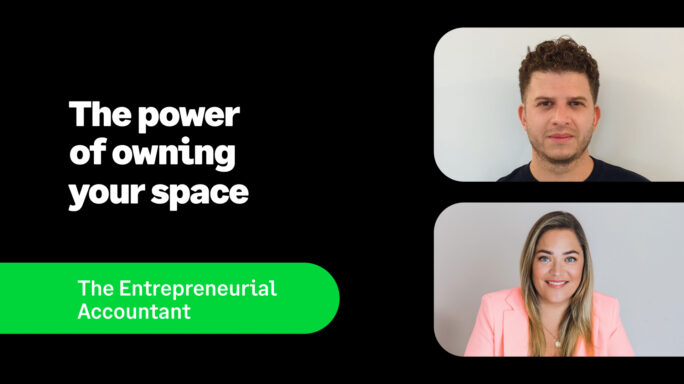



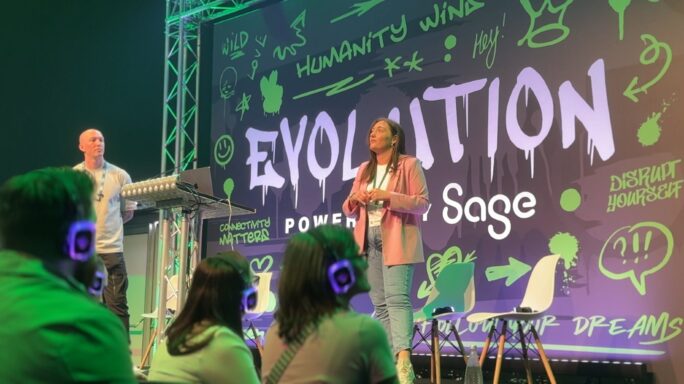



Comment below